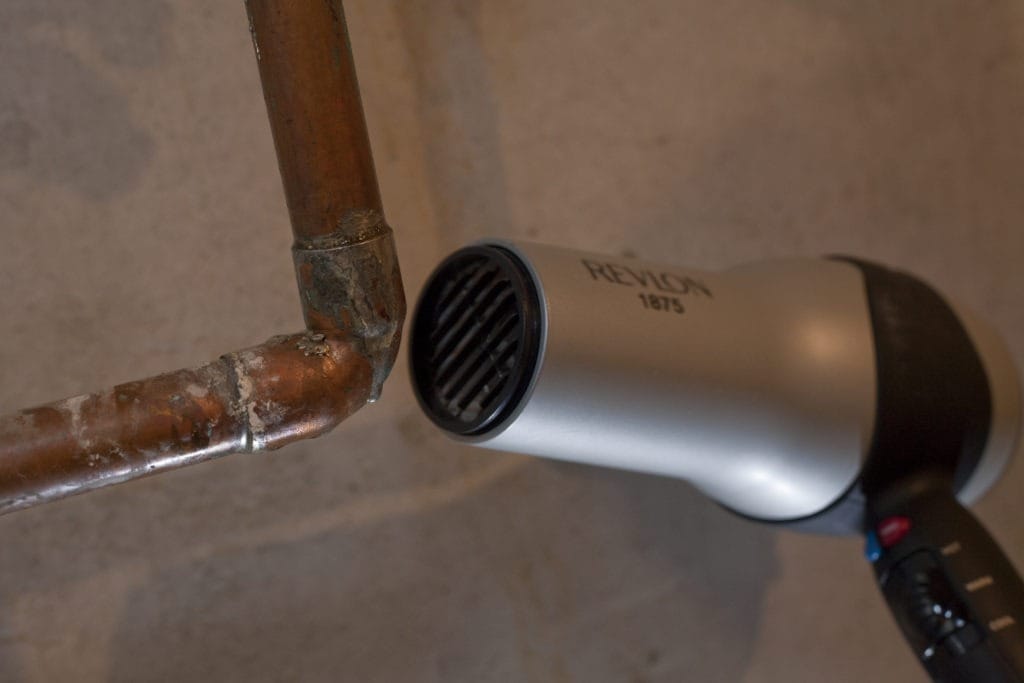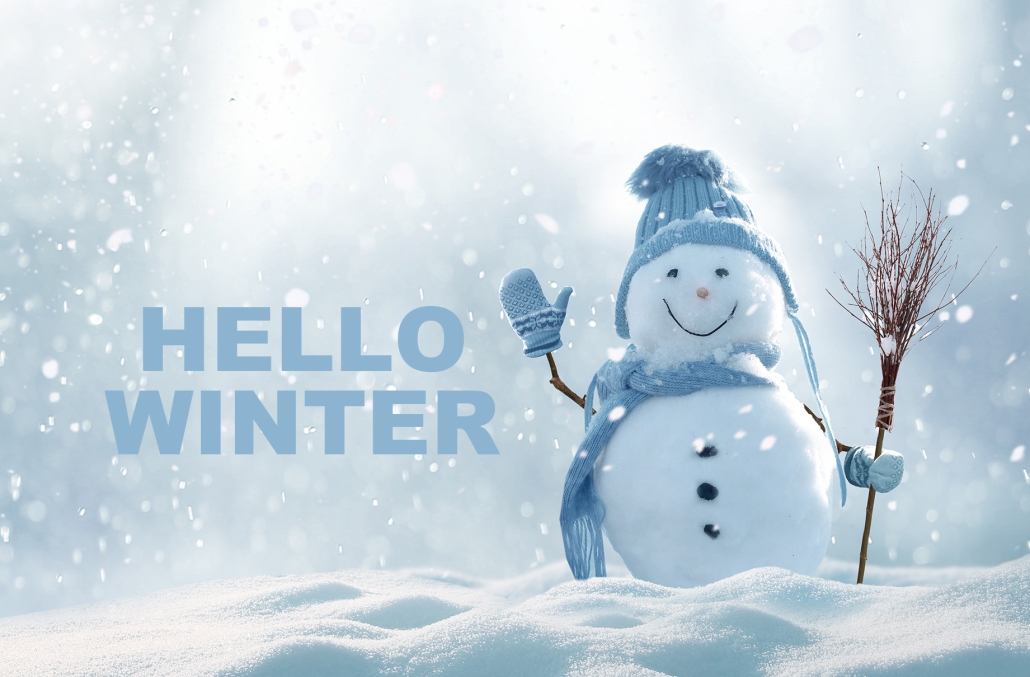Uncommon Winter Plumbing Problems You Might Not Be Aware Of (And How to Fix Them)
Uncommon winter plumbing problems can occur when the mercury drops. Most of us know the typical winter plumbing issues like frozen pipes and clogged drains. However, lesser-known plumbing problems can cause as much havoc if left unchecked. Whether you're a homeowner or a property manager, understanding these uncommon issues can save you from unexpected repairs and keep your plumbing running smoothly throughout the colder months.
The Problem:
Water heater strain: during winter, your water heater works overtime to provide warm water for showers, dishes, and laundry. People must realize that this increased demand can lead to overworked heating elements or sediment buildup.
The Solution:

- Regular Maintenance: Scheduling annual maintenance checks will ensure your water heater is functioning efficiently.
- Flush the Tank: Flushing the tank at the start of winter can remove sediment buildup and improve efficiency.
- Consider an Upgrade: If your water heater is old, consider an energy-efficient model that can handle increased winter demand.
The Problem:
Outdoor Faucet Issues: Even if your outdoor faucets aren't used during winter, they can cause problems. Water left in the pipes can freeze and expand, leading to leaks or burst pipes when temperatures rise.
The Solution:
- Disconnect Hoses: Always disconnect garden hoses before the first frost.
- Install Frost-Proof Faucets: Consider installing frost-proof outdoor faucets for added protection.
- Insulation: Insulate exposed pipes connected to outdoor faucets to prevent freezing.
- Septic Tank Complications
The Problem:
Septic tank: Frigid temperatures in cold weather can affect the function of your septic tank. The ground can freeze, making it difficult for the tank to process waste efficiently.
The Solution:
- Scheduling Regular Pumping: Ensure your septic tank is pumped regularly to prevent overflows.
- Insulate the Area: Cover the area above the tank and pipes with insulating blankets or mulch to prevent freezing.
- Monitor Usage: Avoid overusing water during extreme cold periods to reduce strain on the septic system.
- Ice Damming and Roofing Leaks
The Problem:
Roof: Ice damming occurs when melting snow refreezes on your roof, potentially leading to leaks. While primarily a roofing issue, it can affect plumbing systems by causing water intrusion.
The Solution:
- Roof Insulation: Proper attic insulation can prevent heat loss that contributes to ice damming.
- Melt Cables: Install heat cables to prevent ice dams from forming.
- Gutter Maintenance: Clean gutters regularly to avoid blockages that contribute to damming.
- Sump Pump Failure
The Problem:
Sump pump: Sump pumps prevent water accumulation in basements. Cold weather can cause them to freeze or malfunction, leading to basement flooding.
The Solution:
- Test Regularly: Test your sump pump before winter hits to ensure it's operational.
- Backup Power Supply: Consider installing a backup battery system to keep the sump pump running during power outages.
- Insulation: Insulate discharge lines to prevent freezing.
Winter weather can introduce a range of plumbing challenges, some of which take time to notice. By staying proactive and addressing these uncommon issues, you may prevent costly damage and ensure your plumbing systems remain reliable throughout the season.
Need expert advice or assistance? Contact a professional plumber to give your home the winter-ready stamp of approval. Stay warm and worry-free this winter!






